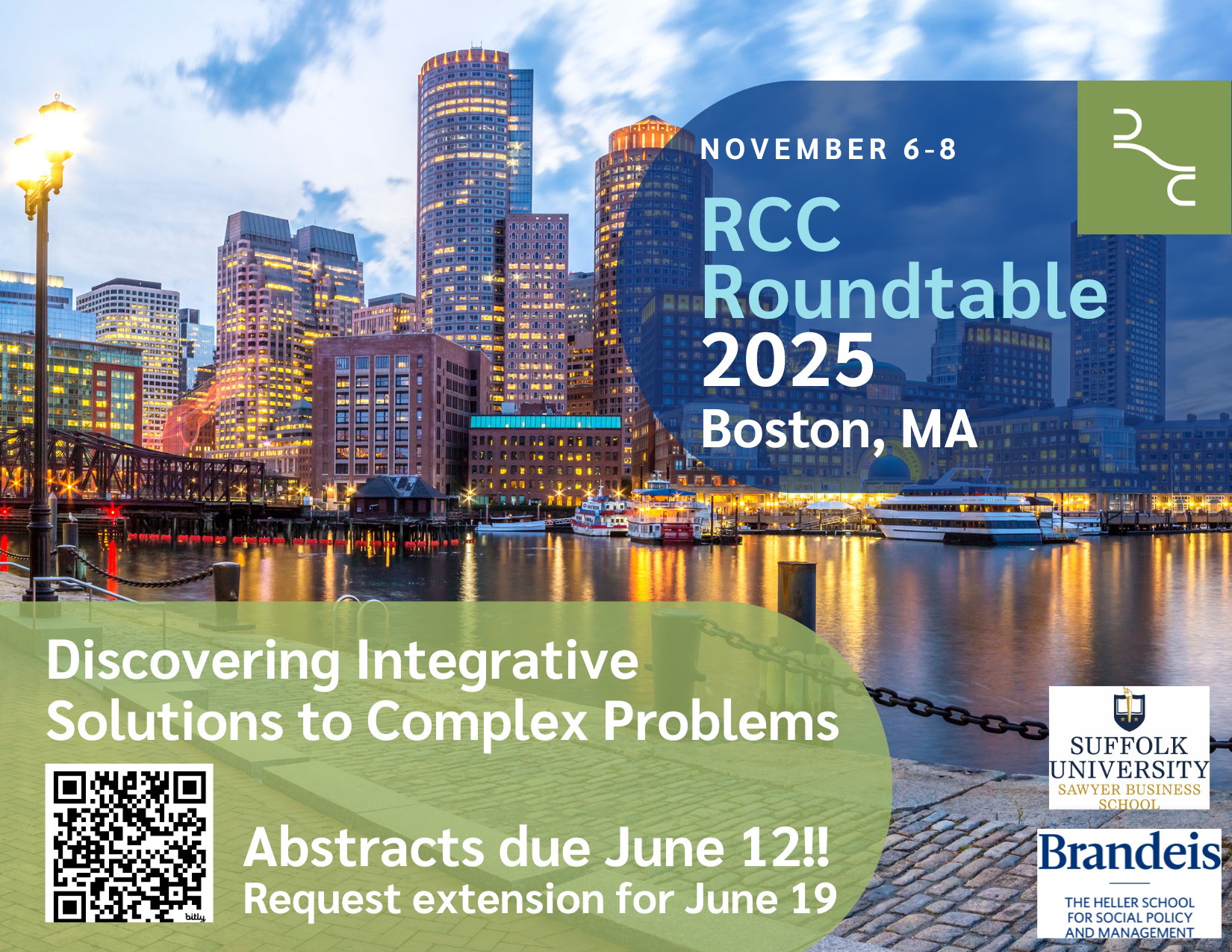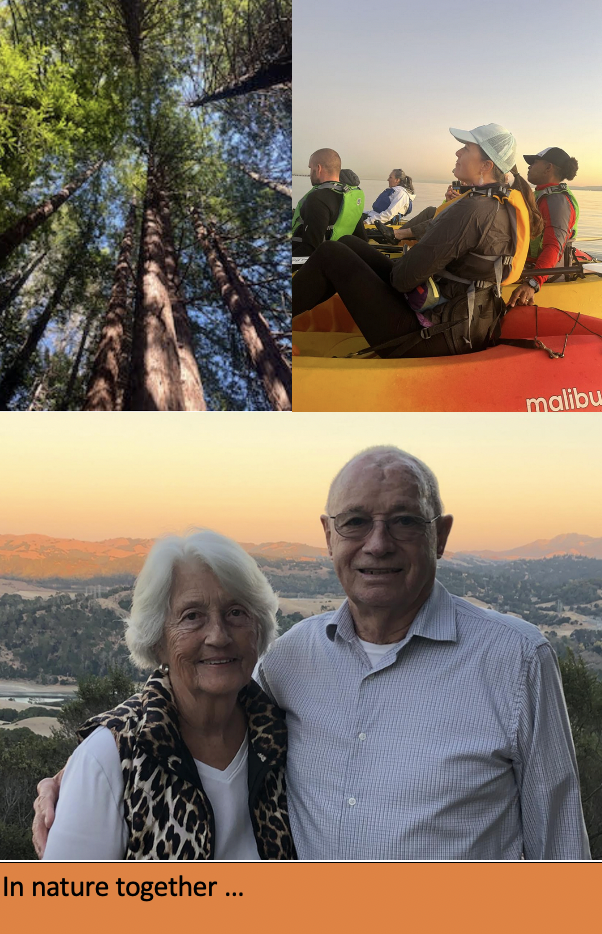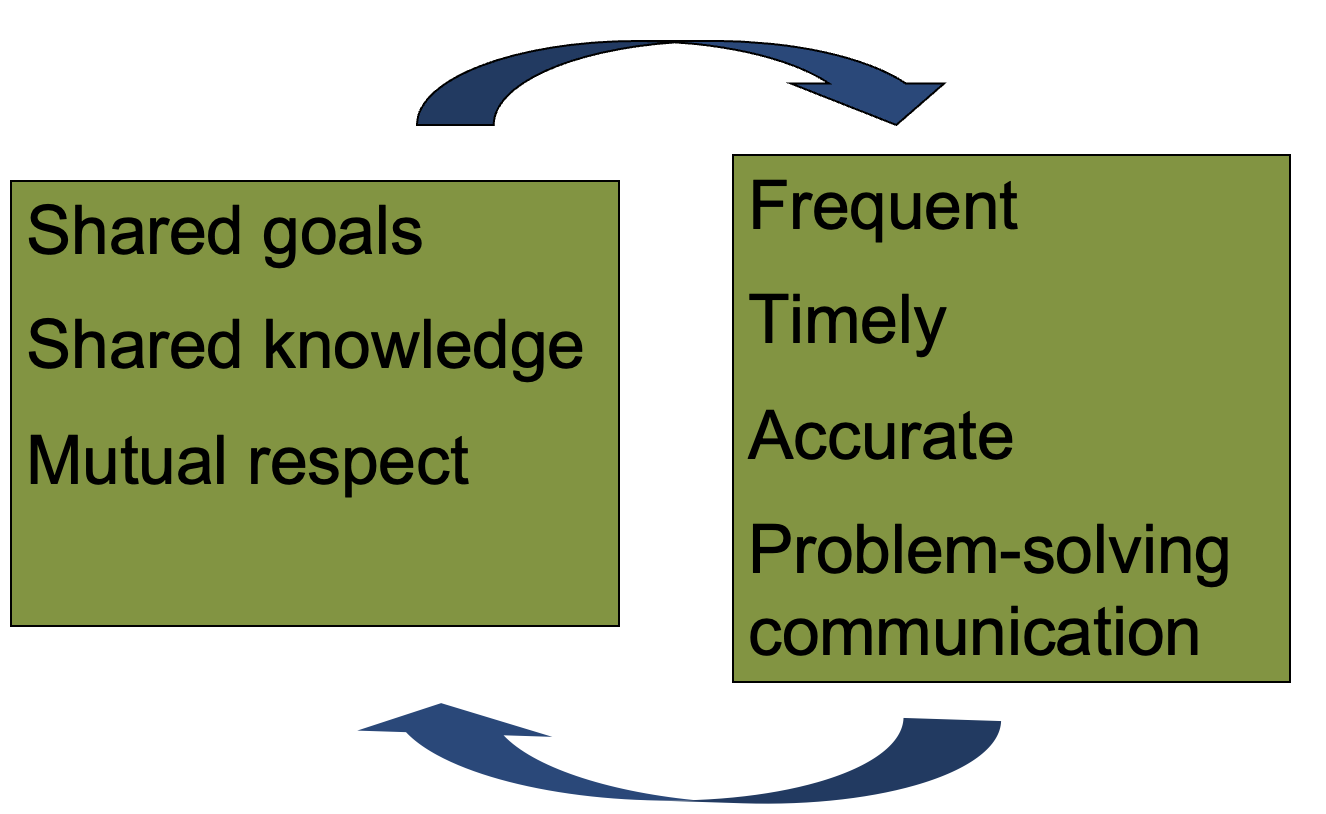What is the Roundtable?
The Roundtable is the keystone event of the Relational Coordination Collaborative. It is a highly interactive annual event that brings colleagues together to share their work and learn from each other through interactive presentations, keynote speakers, professional development workshops, and informal engagement that help participants develop their knowledge and networks and move their knowledge into action.
The Roundtable is hosted each Fall in different locations for participants to submit their work to a peer-reviewed process, then share their work. It is an event to build new relationships and renew existing ones. Roundtable participants are researchers, consultants and leaders from around the world who are interested in improving how people work together at the group, organizational and ecosystem levels.
Learn about Roundtable 2025 here - November 6-8 in Boston!
Relational Coordination Is...
Relational coordination is a mutually reinforcing process of communicating and relating for the purpose of task integration. Relational coordination is shaped by organizational structures and, when strong, it supports organizations in achieving a wide range of desired performance outcomes including quality, safety, efficiency, financial outcomes, well-being, learning and innovation. Relational coordination is particularly important for achieving these outcomes when work is highly interdependent, uncertain and time constrained, whether in times of crisis or everyday stress.
Relational coordination is measured as a network of ties across roles in any work process that requires coordination. Its outcomes and predictors have been tested in 73 industry sectors and 36 countries. See Revisiting Relational Coordination: A Systematic Review.
What is the RCC?
We are an open inclusive global community of researchers and change leaders working across multiple sectors to build relationships of shared goals, shared knowledge and mutual respect for high performance and positive change. Founded in 2011, we are a membership organization based at The Heller School at Brandeis University.
Remembering the 2024 Roundtable
The Roundtable 2024 was hosted at UC Berkeley by colleagues Steve Shortell, Amanda Brewster and Hector Rodriguez.
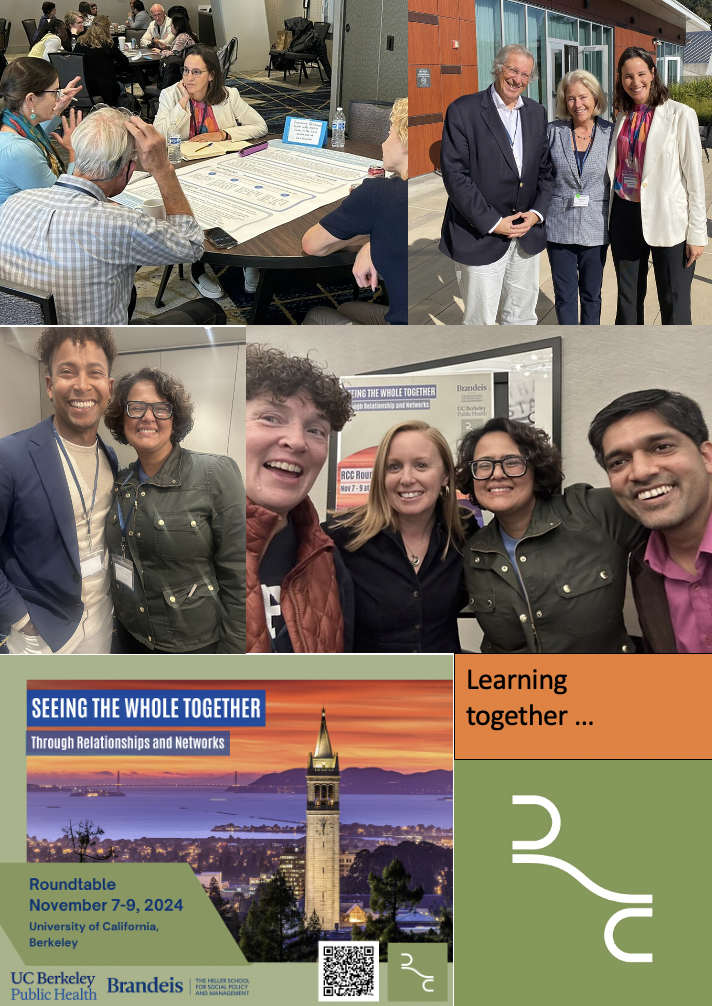
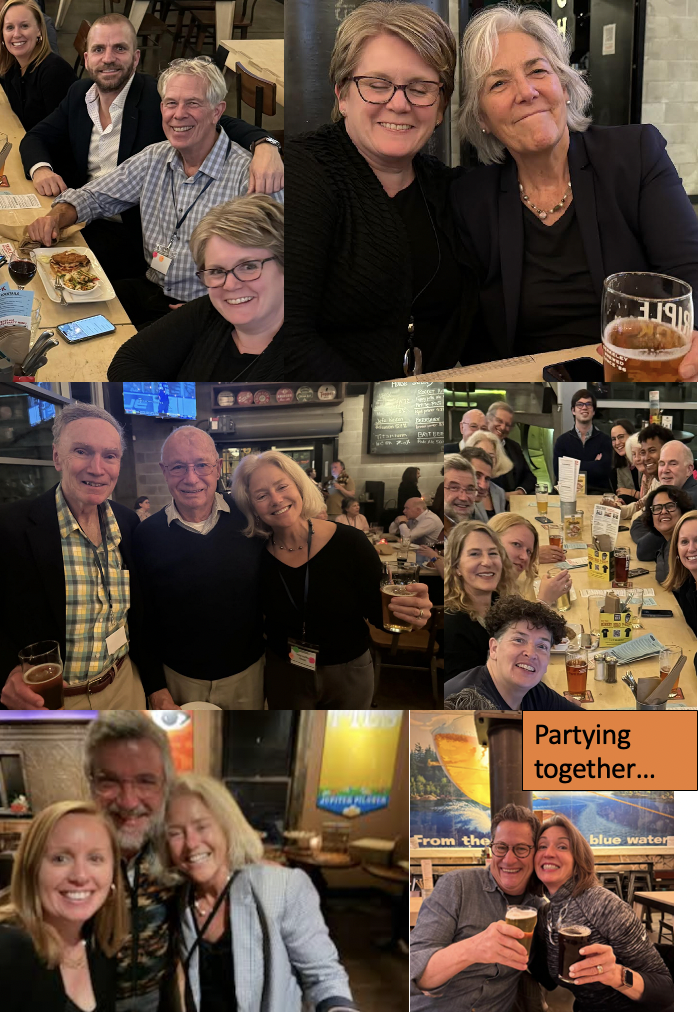 What Your Colleagues Said About Roundtable 2024
What Your Colleagues Said About Roundtable 2024
"I always find it valuable to see my role within the greater whole and explore the many ways relational coordination can be applied across different industries and scenarios. Thank you as well to my fellow panelists — what an incredible group, all doing fantastic work! I had a work meeting immediately afterwards, and I’m already seeing multiple real-world applications of relational coordination in building a stronger global health community."
“It was truly a fabulous experience on so many levels - I feel so fortunate to have met so many amazing people doing such incredible things and to be part of a learning collaborative, particularly during this moment in our country and the world… I really, really appreciate how the RCC has created space for researchers and practitioners to think and share together!”
“It was so wonderful to re-engage with the RC community. It is exciting to see the incredible work so many are doing. And I am incredibly grateful for the culture of care and love that exists among and between those who were there. The RCC continues to bring a soul-filling presence to us all."
“We were surrounded by very educated and accomplished people and there was no formality. I was trained in the Harvard system and surgery is very hierarchical - I would have never comfortably kayaked next to an academic leader.”
“Each person has made us feel more than welcome. It has been a very pleasant adventure for us to spend several days with some of the most down-to-earth, well-educated people we’ve ever met who have made us feel like we have always been a part of the group.”
“This was a fantastic roundtable. I would rate it the best of all I have attended so far. The organizing and planning team did a great job. The best of all – space; two rooms, close by. This allowed for more attendance per room and more conversations. I know I had many conversations, and others did. And the shift-and-share was a big win. Amazing conversations!!! And to top it all off – really good keynotes.”
“I not only learned more about potential conference sessions (Shift & Share) and how scholars and practitioners can create a dynamic conference learning environment, but I definitely learned more about relational coordination theory.”
“I got really excellent feedback for my research. I also made invaluable connections.”
“Thank you so much for such a wonderful Roundtable gathering in Berkeley… I learned so much, and met so many generous and wise people, doing great work. It was heartwarming to be greeted by folks I’d worked with in the past. I also had some conversations … about a key underpinning of the Better Care Plan. Great to meet with Steve Shortell and get his generous feedback.”
"I needed this weekend! I needed a break from my clinical duties and to concentrate on something not completely clinical medicine. It was a 2-day soul vacation. I felt like I was 20 years old again. These RC tools are needed to improve access to healthcare."
“Thank you for the opportunity to share some of the ideas that I've been pondering for a few years now! It was my honor and pleasure to speak to our RCC community and to gain such valuable feedback. Congrats on a wildly successful Roundtable!”
“Thank you all SO much for your invitation to be one of the keynotes. As I shared in that public space, my work would not exist without the critical body of work of Relational Coordination — let alone, the impacts you each have made to advance relational principles in your own ways! So I am extremely humbled and honored to have had the opportunity to speak at the Roundtable—it was a professional dream come true. I would love to stay connected to this wonderful and inspiring community. Please reach out if there are ever any other ways I can support the mission of RCC! I hope to see you all in 2025 in Boston.”

